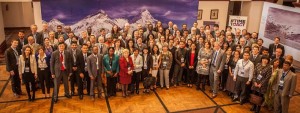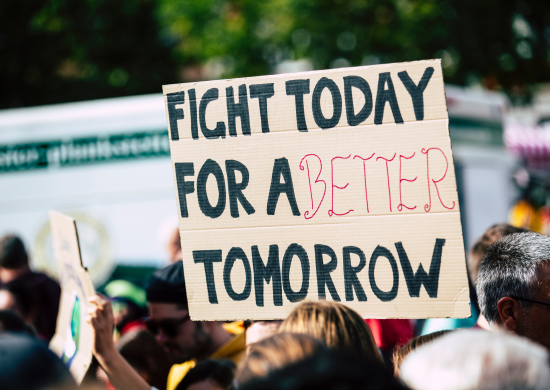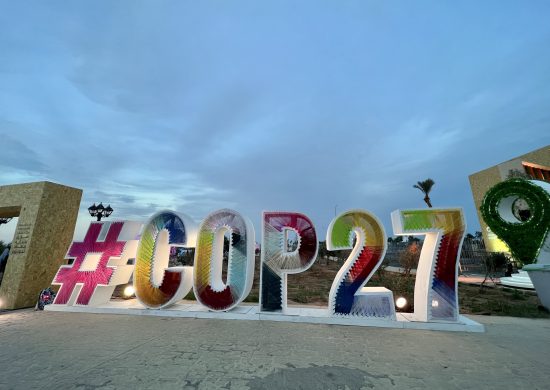 I spent last week in Kathmandu, Nepal for a meeting of the Climate and Clean Air Coalition (CCAC). Founded in 2012 by the governments of Bangladesh, Canada, Ghana, Mexico, Sweden and the United States, along with the United Nations Environment Program (UNEP), the CCAC has now grown to over 30 states and 40 non-state partners.
I spent last week in Kathmandu, Nepal for a meeting of the Climate and Clean Air Coalition (CCAC). Founded in 2012 by the governments of Bangladesh, Canada, Ghana, Mexico, Sweden and the United States, along with the United Nations Environment Program (UNEP), the CCAC has now grown to over 30 states and 40 non-state partners.
The CCAC is an interesting entity in international relations – a coalition of the willing (or as the CCAC prefers, a “coalition of the working”), be they governments, academic institutions, or nonprofit organizations, collaborating voluntarily to reduce short-lived climate pollutants. I am grateful to CCAC for the invitation to observe their recent working group meeting.
The agenda included updates on its existing initiatives and its panel of scientific experts and time for debating the CCAC’s 5-year strategic plan, which is now under development. The 11 initiatives of CCAC are where much of the work of the coalition happens from day to day. The initiatives include reducing black carbon emissions from heavy duty diesel vehicles and engines, mitigating black carbon and other pollutants from brick production, and mitigating SLCPs from the municipal solid waste sector, for examples. While the diesel initiative was singled out for particular praise, work is clearly underway in multiple areas. I found the summary from the Science Advisory Panel invaluable – providing an easily understandable update on the science of short-lived climate pollutants and the research that has been done on them this year.
The bulk of the agenda was focused on the CCAC’s strategic plan, or what the coalition plans to accomplish in the next five years. This sort of collective goal setting has proved effective in the past, for example with the Millennium Development Goals which were set in 2000 and come due this year. Building on this success, there is a process currently underway to set goals for the next 15 years. Called the Sustainable Development Goals (SDGs), the first of these draft goals is to “end poverty in all its form everywhere.”
Not only is this draft goal ambitious and therefore motivating, it is measurable, which means it will be clear in 2030 whether the goal has been met. A recent UNEP/WMO report has found that by implementing just 16 measures to reduce black carbon and ground-level ozone globally by 2030, we can avoid 0.5 degrees Celsius warming by 2050. While the CCAC can’t do all of that on its own since it doesn’t yet enjoy universal participation by countries, given the stakes and the opportunity, it should set a clear and ambitious bar for itself.



